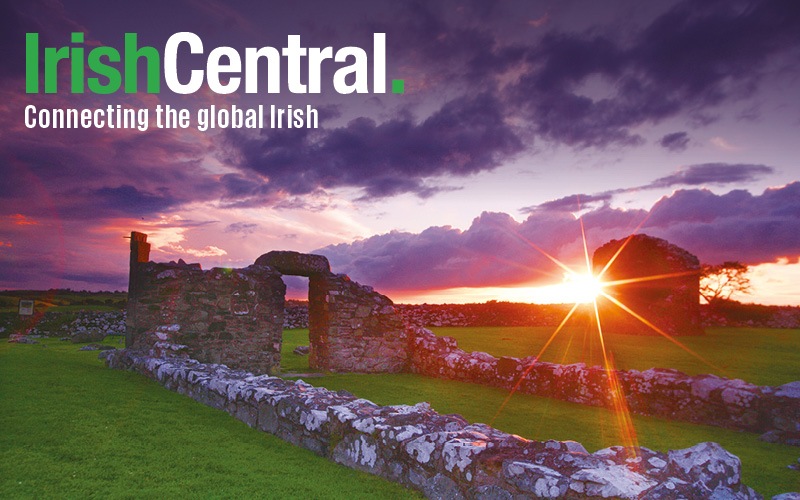The United Kingdom may well be no more after the vote of the English and Welsh to leave the European Union; the direct opposite of what Scotland and Northern Ireland voted for.
The “Leave” vote won by 52 percent to 48 percent, with a massive 72 percent of people voting. The result ends the career of British Prime Minister David Cameron, who had staked his reputation on getting a “Remain” vote. Cameron announced his resignation in a statement delivered outside 10 Downing Street.
“I think the country requires fresh leadership it would not be right for me to steer our country,” he stated .” I expect a new prime minister in place by the Conservative party conference in October.”
Cameron stated he would remain as a caretaker for three more months. His likely successor is former London mayor Boris Johnson who led the anti-EU faction. Johnson, actually born in New York, will likely face opposition from Home Secretary Theresa May.
Working class British and older British fearful of expanded immigration and lack of British sovereignty were the core of the “Leave” vote.
Nigel Farage, the right wing leader who led the “Leave” vote, stated, “The European Union is dead” and added that countries such as Holland, Austria, Italy and Denmark were now likely to vote to leave in future years. ”Let this go down as our “Independence Day,” said Farage.
Ireland now becomes the only English-speaking member of the EU, but the Irish government will be deeply worried about the impact on trade and travel between the two countries.
With Scotland voting strongly for staying it seems certain that the Scottish Nationalists will plan a new vote on their membership of the United Kingdom. Scottish Nationalist Nicola Sturgeon stated after the result Scotland voted 62 percent to 38 percent to remain in the EU.
Sturgeon stated, “the vote here makes clear that the people of Scotland see their future as part of the European Union... Scotland has spoken – and spoken decisively.”
Sturgeon is now likely to launch a new campaign to establish an independent Scotland. She said a new referendum “was very much on the table” on Scottish independence.
Northern Ireland First Deputy Minister Martin McGuinness has immediately called for a vote on Irish unification, stating that the island of Ireland was clearly in favor of staying in the EU and that must be reflected in a vote on Irish unity. Northern Ireland voted 56 percent to 44 percent to stay in the EU.
Sinn Fein: "Brexit intensifies the case for vote on a united Ireland" #EURefResults #Brexit https://t.co/hoQ6tsJcE3 pic.twitter.com/QFawYPPrQv
— BBC News (UK) (@BBCNews) June 24, 2016
Sinn Fein party chairman Declan Kearney stated, “We have a situation where the north is going to be dragged out on the tails of a vote in England… Sinn Fein will now press our demand, our long-standing demand, for a border poll.”
The immediate impact on the North will be questions about a new physical border, which could greatly deter trade between North and South.
The reality of once again erecting border posts between the Irish Republic and Northern Ireland is a deep blow for the peace process, which has made the issue of unfettered access between North and South a very important aspect of the peace.
Sinead McLoughlin, head of the Derry Chamber of Commerce, told the Irish Times that the impact on border areas of a leave vote would be massive.
Martin McGuinness said the referendum result in Northern Ireland strengthened the case for a border poll #Brexit pic.twitter.com/bkrei2J8uM
— BBC Radio Foyle (@BBCRadioFoyle) June 24, 2016
“Businesses are not investing. There is no confidence about the future, only increasing worry about what might happen,” she stated before the vote.
“Currently we have an invisible border with Donegal, but if Brexit were to happen, there is the very real possibility of border controls being introduced and the impact of that on both Derry and Donegal would be devastating: we may be two jurisdictions and two currencies but we function economically as one.”
McLaughlin believes that a Brexit vote threatens current “cross-Border co-operation on health, the economy and education” in the region.
Strabane-Lifford border from long time ago ...hope it stays a bad memory #Brexit #donegal #WildAtlanticWay pic.twitter.com/tRNRXWwiv4
— Connie Duffy (@1connieduffy) June 24, 2016
“People in Donegal and Derry can easily cross the Border two or more times every day – whether they are shoppers, business owners, workers or in education. What’s at stake here is the economy of the whole north west of Ireland; it is not simply about Donegal or Derry as separate entities.”
What do you think? Should the British have voted to leave the EU? Let us know in the comment section.




Comments